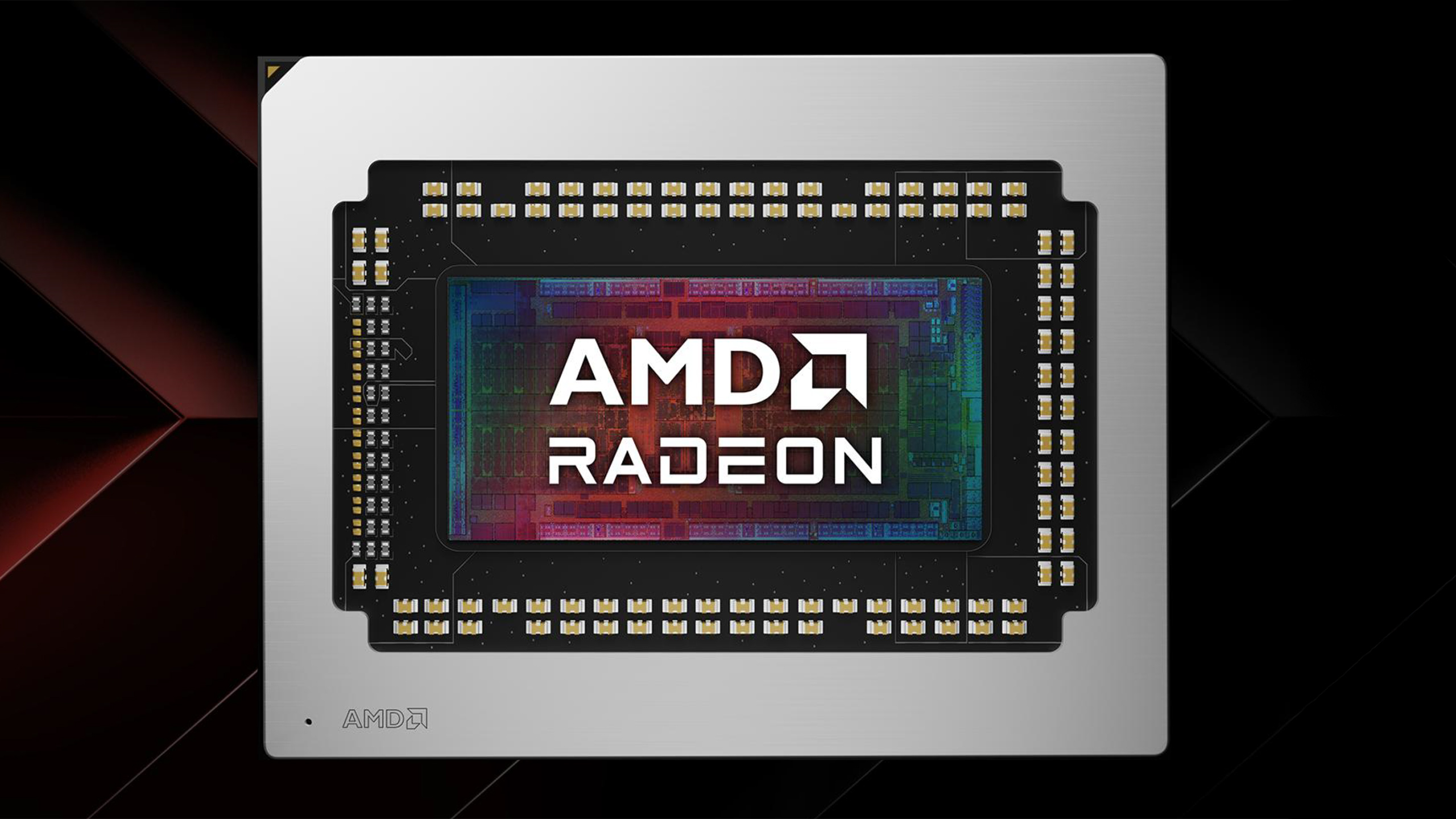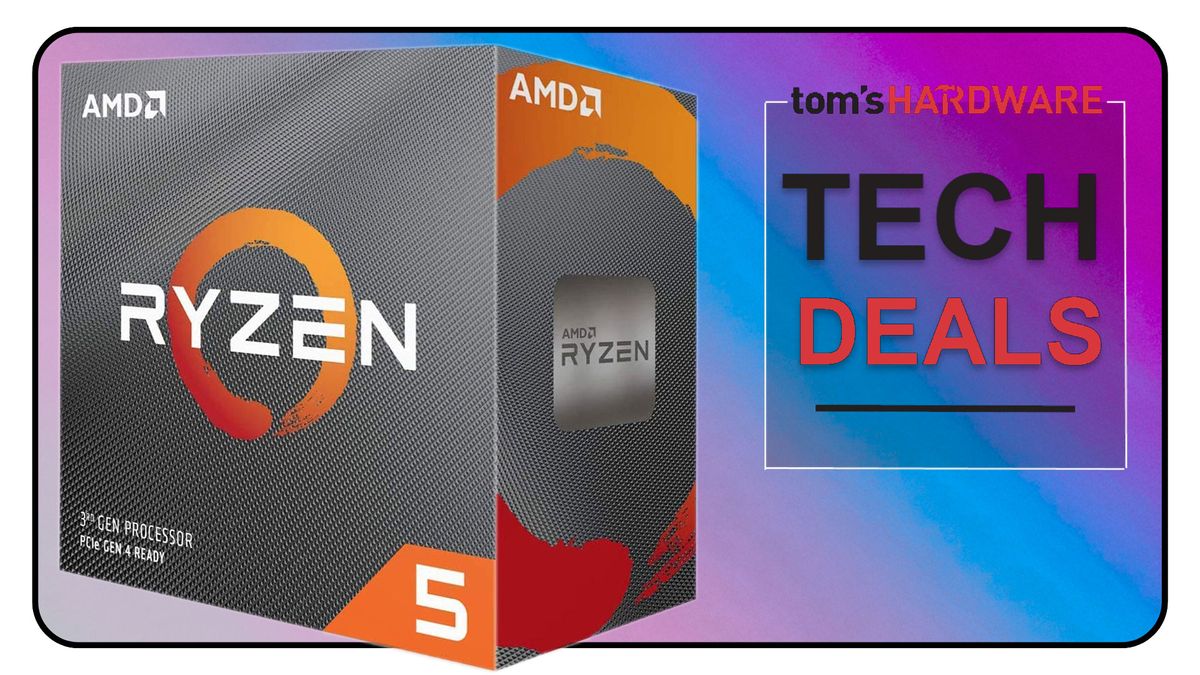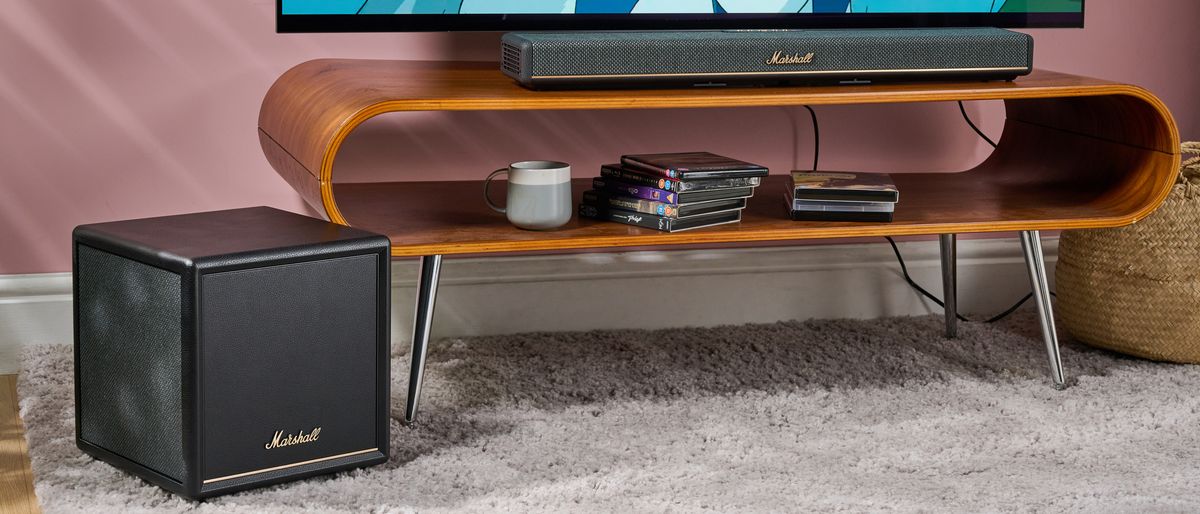Following AMD's decision to put RDNA 1 and 2-based GPUs into "maintenance mode" in order to focus on new features for its more recent graphics technology, the company is backtracking a bit. AMD tells Tom's Hardware that RDNA 1 and 2 won't be left in the dust entirely when it comes to game optimizations.
"New features, bug fixes and game optimizations will continue to be delivered as required by market needs in the maintenance mode branch," an AMD spokesperson told Tom's Hardware.
That's a statement that's likely to confuse some customers, as it's unclear what those "market needs" are. This sounds like new features will still be focused on RDNA 3 and 4-based GPUs, but AMD's clarification is that RDNA 1 and 2 will continue to get day-zero support for games, including on handhelds.
This is meant to clarify a statement from yesterday that read: "In order to focus on optimizing and delivering new and improved technologies for the latest GPUs, AMD Software Adrenalin Edition 25.10.2 places Radeon RX 5000 series and RX 6000 series graphics cards (RDNA 1 and RDNA 2) in maintenance mode. RDNA 1 and RDNA2 graphics cards will continue to receive driver updates for critical security and bug fixes."
That statement, which would apply to a number of fairly recent graphics cards, as well as the integrated graphics in some laptops (like the Ryzen 7000 and 6000 series) and the Asus ROG Xbox Ally handheld (but not the more expensive Xbox Ally X), caused serious blowback among PC gamers and in the enthusiast press.
The Radeon RX 5700 XT and the Radeon RX 5700, which launched in July 2019, are only six years old, while the Radeon 6000 series, including the 6700XT, is still hanging out on the Steam Hardware Survey as of September 2025. The oldest Radeon 6000 cards are five years old. RDNA 2 can also be found in the Steam Deck, PlayStation 5, Xbox Series S, and Xbox Series X.
While AMD has made inroads with enthusiasts on pricing, some have held a belief that Nvidia has better drivers. In this case, Nvidia, which only this year is stopping support for its Maxwell, Pascal, and Volta GPUs (including the GTX 1080 Ti), came out looking like a winner because of how long it's been providing updates for its products. Nvidia's cards will continue to see security updates for another three years.
Yesterday, AMD clarified that another piece of news stating that the company would drop USB Type-C functionality on its RX 7900 cards was an error. The company told Tom's Hardware yesterday that "The release notes for AMD Software Adrenalin Edition 25.10.2 posted today included misinformation that has since been corrected. There is no change to USB-C functionality on the RX 7900 series GPUs in the 25.10.2 driver."
We'll only see in time just how much support RDNA 1 and 2 GPUs receive for new games — and if this new position will help quell some of the backlash that's popped up in forums and on social media.

Follow Tom's Hardware on Google News, or add us as a preferred source, to get our latest news, analysis, & reviews in your feeds.

 1 week ago
3
1 week ago
3










 English (US) ·
English (US) ·